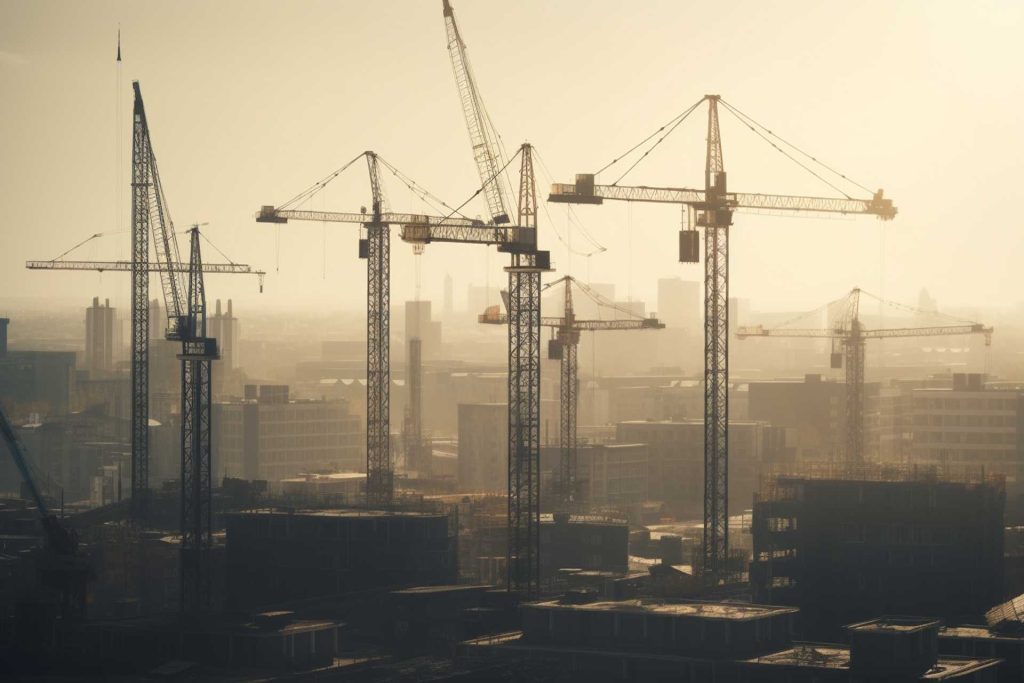Construction costs eclipse inflation

Showing how building costs have surged ahead of other common costs, national construction costs have increased by about 61% since 2015, compared with a 33% increase in the CPI.
The Consumer Price Index is a measure of inflation for the nation’s households that records changes in the price of goods and services.
New Zealand’s construction price inflation rates are relatively high among OECD nations.
Building-cost inflation has run roughly 1.8 times the pace of general inflation over the past 10 years, according to QV Cost Builder data.
“Over the past decade, our data shows the cost of building a standard 175m² home rose 61%, compared with a 33% rise in general consumer prices,” said QV Cost Builder Quantity Surveyor Martin Bisset.
“That’s a 28-percentage-point gap — building-cost inflation has been running well over one and a half times the pace of overall inflation.”
Of course, many salaries have failed to keep pace with inflation, exacerbating affordability challenges. Those wanting to build homes are facing more pronounced hurdles.
The last decade saw dramatic spikes in costs, especially through 2021 and 2022, when global supply chains were disrupted and material costs soared amid the coronavirus pandemic.
“We’ve seen the cost of construction flatten out since 2023, with annual increases back down around 1% in 2025,” he said.
Cedar weatherboards recorded the greatest cost increase, going from $17 per metre in 2015 to a high of $64 in 2022. They cost $53 per metre today.
Shadow-clad exterior plywood has risen by 110%, windows by 72%, and steel sheet roofing by 76%.
Radiata pine clear flooring recorded the sharpest increase at 122%, followed by Radiata pine framing (45%), ready-mix concrete (43%), and carpet (41%).
Plywood saw one of the smallest gains, up just 12%. Construction labour costs have risen by around 35%, slightly above the CPI inflation rate.
Non-residential buildings (excluding educational) increased by 42% over the decade, which is well below the residential increase.
Regionally, construction cost growth has been uneven across the country. QV data shows that while national building costs have climbed about 61% since 2015, Canterbury has seen a comparatively modest rise, with costs in Christchurch up around 38%, Selwyn 52%, and Waimakariri 54%.
In contrast, higher-demand centres such as Auckland and Queenstown experienced sharper increases during the 2021–22 supply-chain crunch. More recently, the pace of growth has eased across all regions, with annual increases averaging about 1% nationwide in 2025.
What’s ahead for builders and homeowners?
The slowdown reflects stabilising material prices, improved supply conditions, and softer demand following the post-pandemic building boom.
“There’s no doubt the past decade has been one of the most extraordinary periods for New Zealand’s construction industry,” Bisset said.
At least, both inflation and construction cost increases are reportedly rising at slower rates than they once did.
The latest Cordell Construction Cost Index (CCCI) found that the cost of building a new home in New Zealand rose only marginally in the September quarter.
The cost to build a standard single-storey brick and tile home increased by 0.4% in the three months to September, a smaller rise than the 0.6% recorded in Q2 and well below the long-term quarterly average of 1.0%.
“Construction costs remain high in dollar terms, but the pace of change is much milder,” Cotality New Zealand chief property economist Kelvin Davidson says.
“For builders and homeowners alike, that creates greater confidence in quoting, budgeting, and delivery.
“The pipeline has thinned, but the underlying level of activity remains consistent rather than stagnant.
“Construction costs aren’t coming down, but the pace of growth has eased and the outlook is far more predictable.”
With material supply chains stabilising and cost growth returning to near pre-pandemic levels, the sector may finally be entering a period of normality, albeit from a much higher base.





